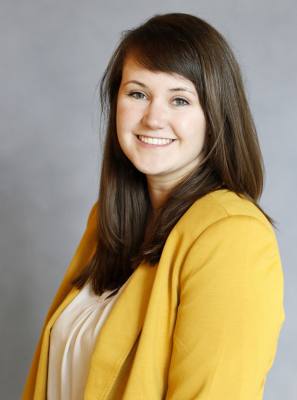Bear Creek Elementary School requires targeted support to increase its State of Texas Assessments of Academic Readiness scores, while Raines High School requires comprehensive support to increase its four-year federal graduation rate, said Allison Matney, KISD's executive director of research, assessment and accountability, at the Nov. 18 regular board of trustees meeting.
Specifically, Bear Creek was identified as needing targeted support because of its 69%, or D, TEA accountability rating in the Student Achievement category, which was based on STAAR scores and is one of three domains used to calculate the overall TEA campus score, Matney said. The campus must receive a 70%, or C, rating or higher in this domain to no longer be required for targeted support.
Meanwhile, Raines—which is a nontraditional high school with dropout recovery programs and instruction for students—had a 66.3% federal four-year graduation rate for the 2018-19 school year, according to Matney’s presentation. Although this is an improvement from the prior year’s rate of 58.3%, the alternative high school must have a four-year federal graduation rate of at least 67% for two years in a row to no longer be required for comprehensive support.
Matney said both Bear Creek and Raines have crafted targeted improvement plans—with the help of campus leaders, teachers and parents—that will be implemented and monitored now that the board has approved the plans at the Nov. 18 meeting.
Both schools have prioritized three focus areas in their plans with steps and 90-day measurable goals, she said. These focus areas are:
- aligning curriculum and assessments with Texas Essential Knowledge and Skills;
- crafting objective-driven daily lesson plans and assessments; and
- ensuring data-driven instruction.





